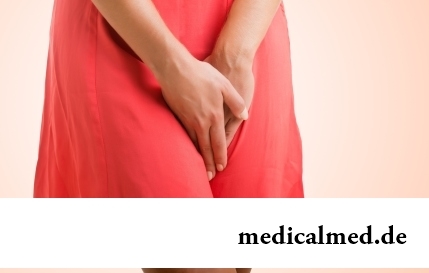





Allergy at pregnancy
Allergy – hypersensitivity of an organism to certain factors of the environment (allergens). The allergy is not a disease, and reaction of immune system to the substance which got to an organism. Rhinitises, lachrymation, an asthma and bronchospasms, an enanthesis and spots, headaches and other can be the general symptoms of allergic reaction. The allergy at pregnancy is characterized by the same symptomatology. Predisposition to allergic reactions, hypersensitivity of an organism are not subject to medicamentous correction. At aggravations of allergic reactions the symptomatic treatment selected by the attending physician in each individual case is applied.
Allergy at pregnancy: general information
The allergy at pregnancy arises approximately at 35% of women, the hyper sensitive reactions of an organism to substances never observing until conception. In certain cases allergic reactions treat as precursory symptoms of pregnancy.
As a rule, the allergy at pregnant women does not influence fetation (antigens and antibodies do not get through a placental barrier) and on the course of the pregnancy, however can worsen a condition of the woman considerably. Some manifestations of allergic reactions nevertheless can make negative impact on a fruit. So, at bronchial asthma the fruit hypoxia can develop.
Allergic reactions at pregnancy can develop owing to powerful hormonal reorganization of an organism that is usually normalized by 12-14 week of pregnancy.
At detection of symptoms of an allergy at pregnant women extremely it is not recommended to undertake any measures directed to elimination of symptomatology, even if before pregnancy drugs and national methods of treatment were well transferred by an organism.
There are 4 types of an allergy at pregnancy:
- Pregnancy provokes the first allergic reactions – in that case it is necessary to address in the shortest possible time the allergist for carrying out allergy tests and an exception of contact with allergens;
- Pregnancy does not influence the course of an allergy – in such situations consultation of the allergist who will make recommendations about use of drugs is also necessary;
- Pregnancy worsens allergy symptoms – extremely exceptional cases, demand the immediate address to the doctor for normalization of a condition of the pregnant woman;
- Pregnancy improves allergy symptomatology – at pregnancy in an organism of the woman the producing hormone of the cortisol having antiallergic effect that explains easier course of allergic reactions at pregnancy raises.
Seasonal allergy at pregnancy: symptoms, prevention methods
The seasonal allergy at pregnancy demands careful medical control. If the woman before pregnancy suffered from allergic reactions, then the probability that during pregnancy hit of allergen in an organism will also cause allergic reaction is high. Knowing what allergen causes a seasonal allergy, at pregnancy it is possible to prevent manifestation of allergic reactions easily. So, if the allergy to pollen, blossoming of certain plants is observed, then in that case doctors recommend to limit impact of allergens on an organism in addition to antiallergic drugs:
- To exclude visit of places with high concentration of pollen in air (gardens, parks, seasonal dachas, trips to the country);
- To avoid contact with the substances containing allergens;
- To thicket to carry out wet cleaning in the house;
- To exclude penetration of allergens into the house, veiling a wet gauze of a window and a window leaf when airing, to remove the carpets, curtains, soft toys collecting dust.
If the seasonal allergy is shown for 1-2 months, then when planning pregnancy it is recommended to exclude the allergic period whenever possible.
During a seasonal allergy at pregnancy it is necessary to follow rules of personal hygiene which significantly will help to facilitate symptoms: washing mucous nose and eyes, prochishcheniye of nostrils.
Allergy at pregnancy: treatment, recommendations about prevention
The allergy at pregnant women is complicated by the fact that not all antiallergic (antihistaminic) drugs are admissible. During an allergy at pregnancy treatment has to be carried out under control of the gynecologist and allergist. If the allergy was shown during pregnancy for the first time, initially it is necessary to reveal the allergens causing reactions. After definition of allergens it is necessary to carry out the analysis of a situation and to exclude impact of allergens on the pregnant woman. Most often allergic reactions arise on certain food stuffs, cosmetics, household chemicals.
If there is an allergy at pregnancy, treatment by drugs of external use also should be carried out only in coordination with the attending physician.
So to reduce manifestation of symptomatology a little and will help to facilitate the course of an allergy during pregnancy vitamins: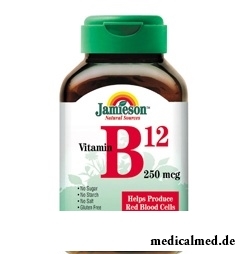
- Vitamin C allows to minimize attacks of a respiratory allergy, and also to prevent emergence of anaphylactic reactions;
- B12 vitamin is natural antihistamine which allows to reduce manifestation of symptoms of asthma, dermatitis, sensitivity to sulfites;
- B5 vitamin (pantothenic acid) allows to cope with allergic rhinitises;
- RR vitamin (niacinamide) allows to facilitate attacks of an allergy to flower pollen;
- Zinc allows to reduce manifestation of reactions to the allergens which are contained in household chemicals, cosmetics, perfumery;
- Fish oil, linolic acid interfere with development of inflammatory processes against the background of allergic reactions.
It is necessary to remember that vitamins can also act as allergens. Before reception of additional vitamins during an allergy at pregnancy treatment needs to be coordinated with the attending physician also.
Allergy pills at pregnancy: use, contraindications
During an allergy at pregnancy the woman is recommended to refrain from reception of medicamentous drugs. If the allergy during pregnancy is followed by easy symptoms, then the exception of direct influence of allergen will help to cope with them. At heavy symptoms (puffiness of a nasopharynx, asthma that involves probability of development of a hypoxia of a fruit) consultation of the doctor who will appoint allergy pills at pregnancy is necessary. So, the drug Dimedrol, popular at allergic reactions, can provoke reduction of a uterus, and the drug Tavegil negatively influences fetation.
Taking allergy pill at pregnancy, it is necessary to control their efficiency constantly. At treatment of an allergy medicamentous drugs during pregnancy the accepted doses have to be minimum. The term of use of drug has to be the shortest. Choosing antiallergic drug, it is better to give preference to the checked drugs than which just appeared in the market.
People who got used to have breakfast regularly have obesity much less often.

Women quite often suffer from complexes concerning the sizes of the bust. Strangely enough, reason душевног...
Section: Articles about health
Cold is such painful that each sigh becomes a victory, heat "knocks" down, and the ache in joints forces to think only of pain. Some people with approach of the first symptoms of cold make the self-sacrificing decision to have a disease standing, and to a beam...
Section: Articles about health
The brain of the person is studied not one hundred years, but the quantity of the riddles connected with this body increases rather, than decreases. Perhaps, numerous delusions concerning a structure and functioning of a brain are explained by it, many of which arose long ago, but continue to exist and today. Such we are ready to acquaint readers with the most widespread myths....
Section: Articles about health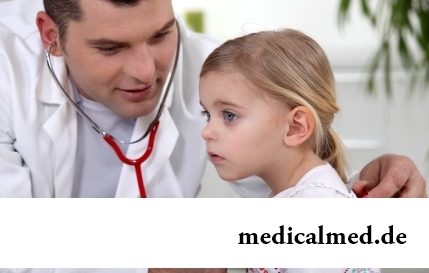
Small appetite at the child – the complaint which pediatricians should hear practically from each mother. Most often it is carried to разр...
Section: Articles about health
Within several decades of our compatriots convinced that the use of butter nasty affects a condition of coronary vessels. As a result the reputation of a product was impaired thoroughly a little, and many almost ceased to include...
Section: Articles about health
Any person who faced a disease knows that treatment costs expensive. It belongs also to consultations of qualified specialists, and to the diagnostic procedures which are not included in the list of obligatory medical services. The question of cost of medicines is not so unambiguous: almost each drug is produced several producers at once, and the price of medicine can differ many times. In such situation there is a sense to understand in what differ from each other original environments...
Section: Articles about health
Practically each person is familiar with the annoying, pulling, unscrewing pains caused by overcooling of muscles of a back. In некото...
Section: Articles about health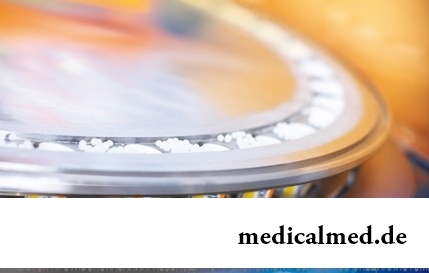
For the help to doctors in the choice of optimal solutions for treatment of various diseases the Cochrane scientific organization (Cochrane) conducts joint researches with representatives of scientific community around the world. The analysis of a series became carried out by one of the last methanolyses...
Section: Articles about health
You are office worker, the driver, the fan of winter sports or do not think of life without bicycle? You lead a slow-moving life and you move on the city only on the car? You have no constant partner and you do not love the protected sex? Attention! You unambiguously are a potential target for prostatitis. It is not necessary to panic, it is necessary to work....
Section: Articles about health
For anybody not a secret that our country is one of the most "drinking" in the world. At clear understanding of that the use of strong...
Section: Articles about health
Childbirth is the most important event in life of each woman. We are women we give birth to the new little man on this light. Now the tendency to that was outlined, as men want to participate in labor too. But there is a question and whether it is worth allowing the husband...
Section: Articles about health
All are familiar with cold, and practically everyone believes that he has sufficient knowledge and experience that correctly to treat it. In practice most of people makes mistakes in attempts to get rid of rhinitis, and divides numerous delusions it....
Section: Articles about health
(Xerostomia) many people consider feeling of a xerostomia small and easily removable inconvenience. This delusion...
Section: Articles about health
According to World Health Organization, every third inhabitant of Earth has excess weight, and every tenth has obesity. The reason of this phenomenon, according to specialists, roots in one not very comforting fact: most of people consume much...
Section: Articles about health
New year, wedding, birthday, office party – an occasion to drink at the Russian person will always be. How to reduce a negative impact of alcohol by an organism and to avoid a condition of strong intoxication? The most correct council – to refuse the use of alcoholic drinks. Council is true, but not always feasible. We offer several advice which will help you in cases when it is impossible to avoid alcohol intake....
Section: Articles about health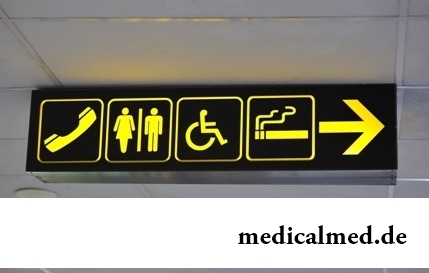
The saying "the rich do not know how the other half lives" is known to all. In a broad sense it is that we can not always understand the person, about...
Section: Articles about health
The medicine promptly develops, and the fact that else quite recently it seemed by miracle can now. We are not surprised any more to the fact that people with artificial joints and extremities can play sports, organ transplantation became a routine, and the latest cancer medicine п...
Section: Articles about health
Is told about advantage of domestic animals for development of the child much. But many parents nevertheless do not hurry to bring pets as are afraid that they can do harm to health of children. What troubles can really trap kids and how to make joint life of a family and domestic animals comfortable and safe?...
Section: Articles about health
The popular expression "run from a heart attack" became the motto of the people supporting active lifestyle. Moreover, run became peculiar...
Section: Articles about health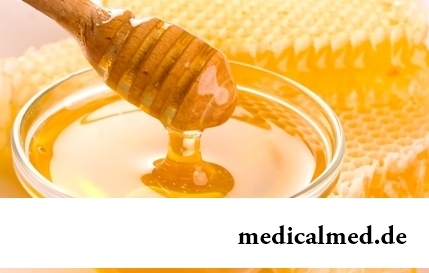
About 20% of the population of our planet have a hypertension (permanent increase in arterial pressure). This disease has an adverse effect on the standard of living, reduces working capacity, and in the absence of systematic treatment threatens with such complications as a heart attack...
Section: Articles about health
The way of life of people promptly changes from year to year: if about ten years ago the personal computer was not in each family, then today already very few people do without this device. Certainly, and children master the computer at full speed: they not only play on it games, but also study, and write school works, and search for necessary information....
Section: Articles about health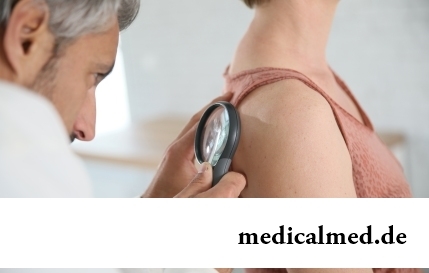
Scientists have no unambiguous opinion on a proximate cause of emergence of a carcinoma cutaneum today. Are precisely established only фа...
Section: Articles about health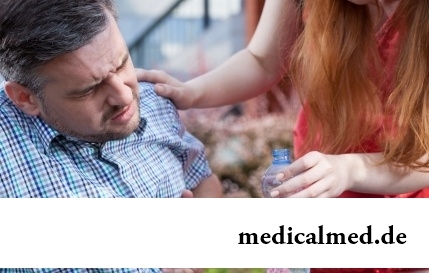
Each of us faces from time to time that other people need the immediate help. We react to it differently: one at once call doctors and police, others rush to victims and try to save them independently. Some at all...
Section: Articles about health
The pancreas performs two functions in a human body: release of enzymes without which digestion of carbohydrates, fats and proteins, and a producing hormones is impossible. The most important of them - insulin, is the main participant of carbohydrate metabolism normalizing processes of education and utilization of glucose, the main energy source for an organism....
Section: Articles about health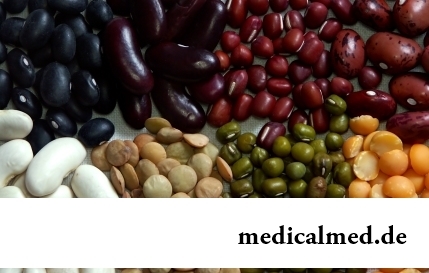
Ability of an organism to resist to adverse environmental factors (to impact of temperature drops, humidity and pressure...
Section: Articles about health
Quite large number of people adheres to the principles of vegetarian food. But how to be if in a family of vegetarians there are children? Whether it is possible to eat also it the same as to parents, or after all the children's organism is not adapted for the use only раст...
Section: Articles about health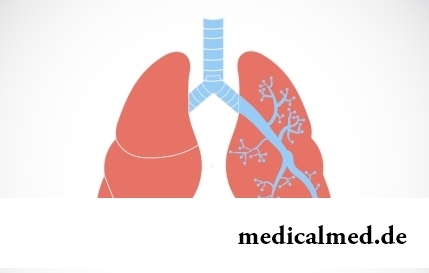
They say that to ensure health and longevity of people it is obliged. Really, at competent approach to these questions, minimization of an adverse effect of many factors does not represent a special problem. Practically everyone has an opportunity to play sports, to pick up an optimum operating mode and rest, to adjust healthy food, to refuse addictions. It is more difficult to exclude hit in an organism of harmful substances through a respiratory organs: not all are able to afford to live in the area with хо...
Section: Articles about health
